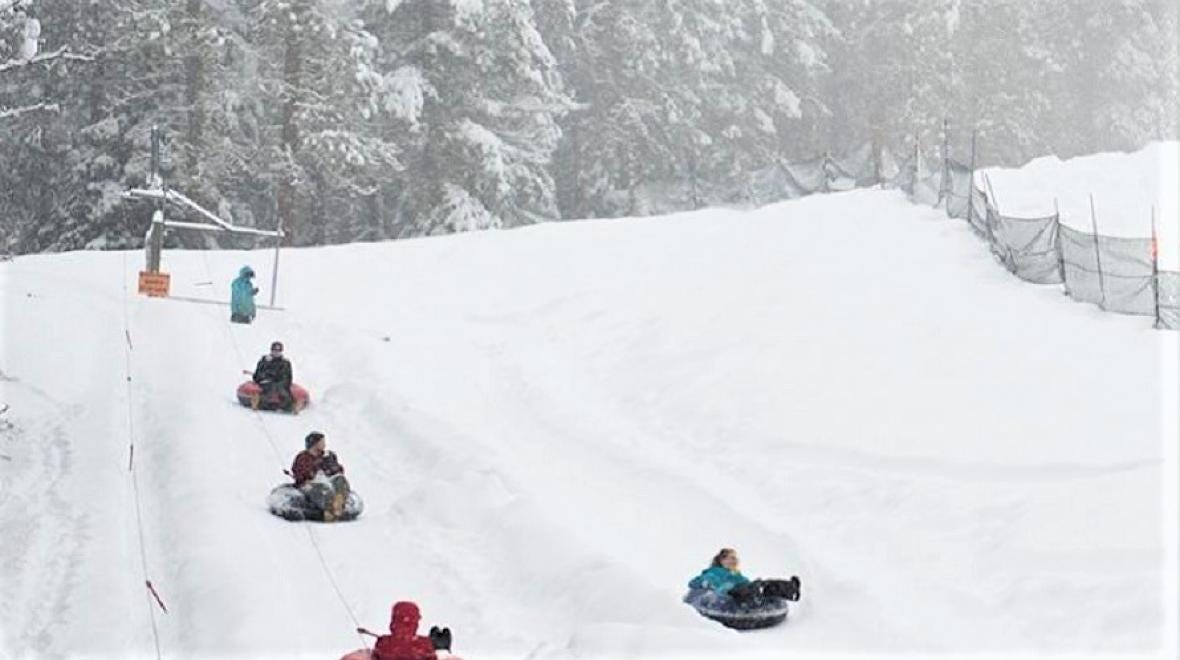How "Range" Promotes Intellectual Humility

ALBERT EINSTEIN WASN’T the only one working on the big math problems that ended up becoming the theory of Relativity. While he toiled for years to refine the troublingly imperfect mathematics of gravity, other geniuses were racing to get there first.
But as we know, Einstein won the race. And the answer he discovered was not just an improvement on the math behind why apples fall and planets orbit the sun. It was a monumental paradigm change. A breakthrough that no one had considered: that space and time were connected.
That breakthrough, however did not happen because Einstein thought harder, or longer, about these math problems.
It happened because he thought about something else.

When Einstein was working on all this math, he was also working a day job at a patent office, reviewing proposals for inventions from various entrepreneurs. And as luck would have it, one of the main ideas that inventors as the time were pursuing was a method to synchronize clocks across Europe. As transportation and communication technology were improving—and people were taking more and more fast train trips and doing business across the continent—it was becoming more and more important that the clocks in Bern lined up with the clocks in Berlin.
Inventors were proposing all sorts of ridiculous methods to sync clocks up. And Einstein had to look at them.
And not long after, Einstein got it in his head that perhaps clock synchronization was a useful analogy for exploring the way space and gravity worked. Perhaps time could even be as flexible as space.
Boom! Relativity. Expanding Universe. E=MC2. All of it.
In his new book Range (which everybody seems to be talking about right now), author David Epstein points out something marvelous. A huge percentage of breakthrough inventors, thinkers, scientists, and artists—the kinds of people who change the world—do a fair amount of thinking and exploring outside of their areas of expertise.
All things being equal, data shows, if two people are neck deep in a topic, the person who also has a toe in another topic is more likely to make a breakthrough in the shared topic than the person who’s spending all their time there. This is why so many geniuses also play instruments, have diverse hobbies, and pursue learning outside of their fields.
It’s not just practicing for thousands of hours that leads to breakthroughs. It’s practicing a lot… and also veering outside of the lines.
This is what happened to Einstein with his breakthroughs, over and over again. It’s no secret that he played violin, loved the theater—and that he had his eyes on patents for all sorts of things from all sorts of industries. Einstein was a genius in part because his brain could do complex calculations and logic… and also because he would connect dots between all sorts of different perspectives.
I love this, because it gives us an excuse to explore things outside of our “lane.” Range will tell you all about how you should do that if you want to get smarter.
But I love this even more because it connects to the idea of intellectual humility in a wonderful way.
(If you’re not familiar with it, you can learn all about intellectual humility here. In a nutshell, it’s the ability to let go of what we know and change our minds when it’s hard.)
Research tells us that the more of an expert we become in something, eventually the harder it is to see that something differently—to consider alternative viewpoints about it. This is called cognitive entrenchment, and ironically we get it precisely BECAUSE WE’VE BEEN SMART AND SUCCESSFUL.

(See Dream Teams Chapter 1 for more on this!)
When you make a big achievement, your brain creates neural pathways that the way you did that thing is great. And the more you reinforce those neural pathways with validation of that success, the easier it is for your brain to always slip into that way of thinking.
It’s like you’ve been going sledding down a hill; the more times you go down the same path, the bigger the groove in the snow becomes, and the easier it is for your sled to slip into that groove the next time you go down, even if you start out a few feet away from your original spot.*
But when you spend time exploring things outside of your area of expertise, it’s like you’ve moved your sled so far away from the original spot that you can’t slip into the old groove. You sled down, and you see the snow hill from a different perspective.
And that’s when your brain subconsciously reinforces that there’s more than one “right” way to go down a hill. This makes it easier to choose a different snow path on purpose.
Or, when you start on your original sledding path, you can jump your sled out of the groove and cross over to one of your new ones and end up somewhere else.
In other words: Do you want to have more intellectual humility? Then take up a new hobby. Read some books well outside of your field. Get curious, and find some new sledding paths.
Much love,
Shane
P.S. If you like this Snow Report, check out my books—or share this email along!
*(I credit the snow hill analogy to Michael Pollan’s “shaking the snowglobe” concept that he describes in How To Change Your Mind.)


